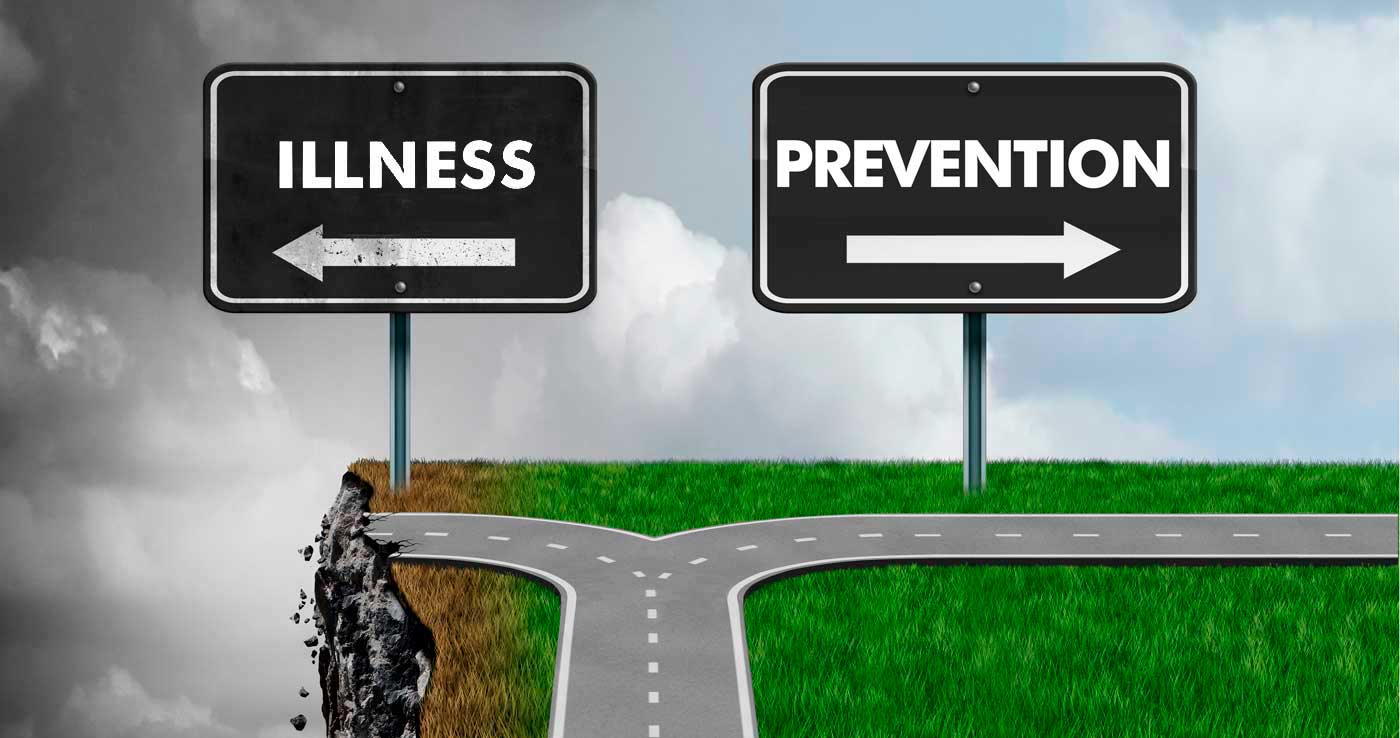Women's Health
Millions of women around the world suffer from some type of hormonal imbalance, whether it be Menopause or perimenopause, postmenopause, severe PMS, surgical menopause, adrenal fatigue or some thyroid disorder. Most women have symptoms or disorders related to a decline in hormonal activity. It is estimated that only one in three women is free of these symptoms. Beyond the hormonal implications, symptoms or early menopause and related conditions are also connected to your stress levels, poor nutrition, lack of exercise, and the environmental toxins your body is exposed to every day. The truth is that while some of these conditions are unavoidable, their symptoms are not.
The transition that a woman encounters through these stages can be smooth and pleasant..
Menopause, or permanent loss of menstruation, correlated with a drop in estrogen production, produces metabolic problems and discomfort.
For this reason, the quality of life decreases and a series of problems arise, among which are: loss of energy, fatigue, decreased ability to concentrate and memory, depression, lack of motivation, irritability, muscle weakness, decreased sexual desire or impotence, decreased physical stamina, insomnia, weight gain, dry skin, osteoporosis, joint pain, and decreased height.
Proper functioning of the organs depends on the proper functioning of their cells. Older cells tend to be less efficient with age. Also, in some organs cells die and are not replaced; therefore, the number of cells decreases. The number of cells in the testes, ovaries, liver, and kidneys decreases markedly with age. When the number of cells becomes too low, the organ does not function normally. Therefore, most organs become less efficient with age. However, not all organs lose the same number of cells. The brain is an example of that. Healthy older people don’t lose a lot of neurons.
Deterioration in the function of one organ due to disease or aging can affect the function of another organ. For example, if atherosclerosis narrows the blood vessels in the kidneys, they will decrease in function because of reduced blood flow.
Often the first signs of aging are noticed in the musculoskeletal system. Then the eyes followed by the ears begin to change in early adulthood. Most of our internal functions also decrease with age. Our bodily functions reach their highest value shortly before age 30, and from then on a gradual but steady decline begins. Despite this decline, most of the functions remain correct because most organs have a functional capacity considerably higher than that required by the body (functional reserve). For example, if half of the liver is destroyed the remaining tissue is more than enough to maintain normal function. Therefore, it is diseases rather than normal aging, that explain the loss of functional capacity in advanced ages.
Some organs are more prone to malfunction than others; These organs include the heart and blood vessels, the urinary organs (such as the kidneys), and the brain.
